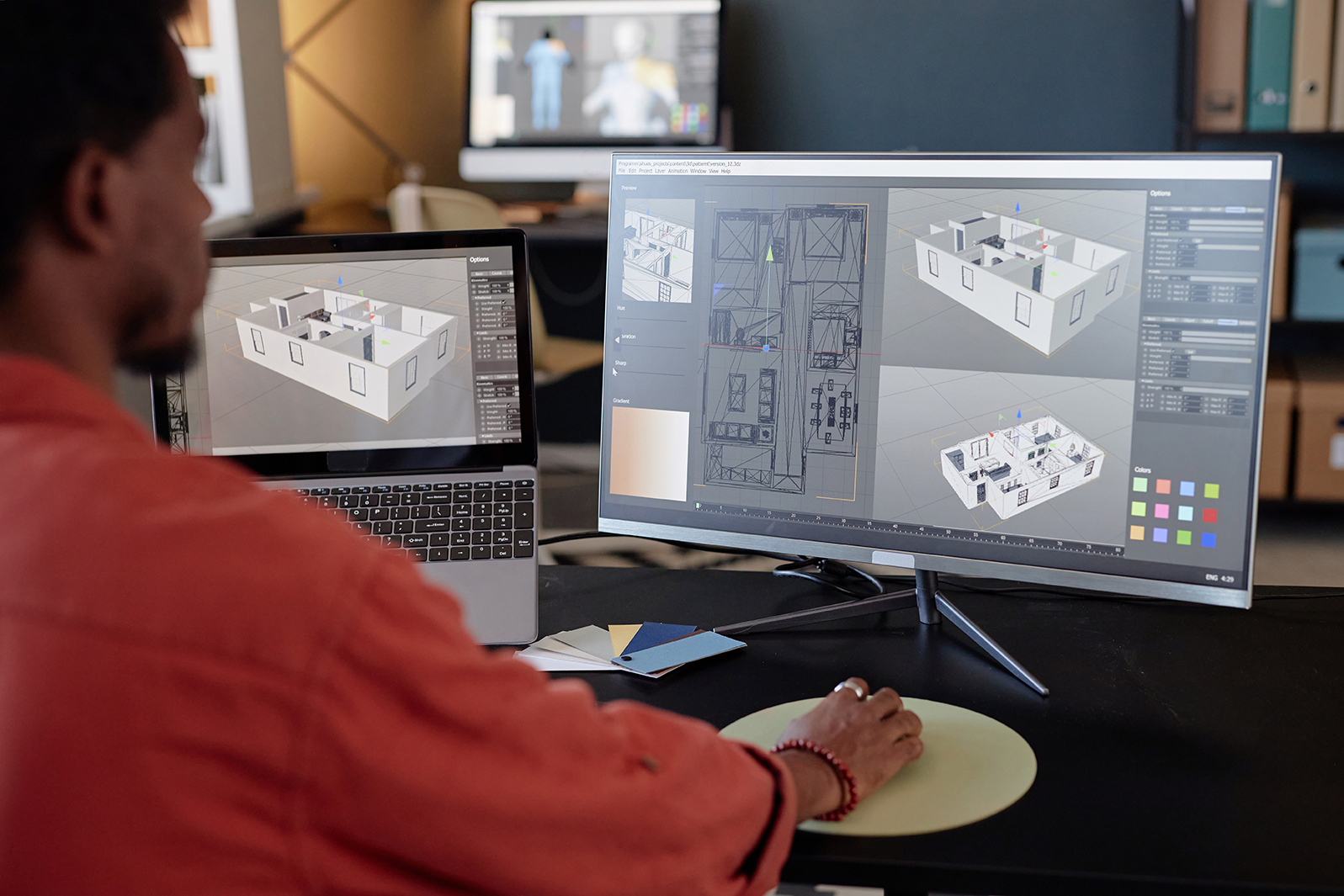Firms are under growing pressure to deliver projects faster, smarter, and more cost-effectively. That’s why technologies like Building Information Modeling (BIM) and automation have become essential—not just optional upgrades. In fact, 62% of firms expect artificial intelligence to improve their operational efficiency, according to a Deltek study. That optimism highlights a clear shift: firms are actively looking for ways to work leaner and smarter, and BIM specialists and automation experts are at the core of that transformation.
The Growing Demand for BIM and Automation
Let’s face it—projects today are more complex. Clients expect higher precision, faster delivery, and seamless collaboration across disciplines. BIM has become the standard in many parts of the industry, with its ability to coordinate design data, detect clashes early, and manage lifecycles from design to construction.
At the same time, automation tools like Dynamo, Grasshopper, and Revit plugins are transforming the way architects and engineers work—cutting manual tasks and improving consistency.
But implementing these tools effectively takes more than software licenses. It takes people who know how to use them—and those people are in high demand.
The Hiring Bottleneck
Many firms deal with staffing shortages and have difficulty filling open roles with qualified talent.
When you’re stuck in a long hiring process, the work doesn’t stop—it just piles up. Your in-house team stretches thinner. Errors increase. Project momentum drops. And your firm misses out on opportunities to grow.
How Remote Experts Help You Stay Ahead in BIM and Automation

Here’s the good news: you don’t have to hire locally to get the skills your firm needs.
By tapping into a remote talent pool, you can:
1. Scale Faster Without Sacrificing Quality
Remote BIM and automation specialists are often just as experienced—and sometimes even more specialized—than local candidates. They can plug into your workflows, tools, and systems from anywhere, helping you keep projects on track without delay.
2. Reduce Overhead Costs
Hiring full-time, in-house experts comes with overhead: office space, equipment, benefits, and more. Remote staffing lets you avoid those costs while still getting high-quality support.
3. Access Global Expertise
BIM and automation evolve quickly. Remote professionals often come from firms or countries where certain tools or workflows are more advanced. That gives your team access to new best practices—and gives your projects a competitive edge.
4. Stay Agile in a Competitive Market
Deadlines shift. Projects scale up. Client demands change. Remote talent gives you the flexibility to ramp up or down as needed, without the long-term commitment or hiring lag.
How Remote BIM Talent Fits Into Your Workflow
Still unsure how a remote BIM expert would integrate with your team? It’s simpler than you might think.
With today’s cloud-based tools—like Autodesk BIM 360, Revit, Navisworks, and Slack—remote collaboration is seamless. BIM managers can run coordination meetings virtually. Drafters can share models and updates in real-time. Automation specialists can even script processes or build custom tools tailored to your firm.
And with flexible time zone alignment, you can even build a team that extends your productivity window—getting more done while your core team rests.
Real-World Example
Let’s say your firm wins a new commercial project with a fast turnaround. The client wants full BIM coordination and expects weekly model updates. But your in-house team is already working at capacity.
Instead of rushing to hire (and risking delays), you bring in a remote BIM specialist and a Dynamo expert. They integrate with your team via Teams and BIM 360, handling model updates, clash detection, and documentation. Your in-house architects focus on design intent and client communication.
The result? Faster delivery, no burnout, and happy clients.
What to Look for in a Remote BIM or Automation Expert
Not all remote professionals are created equal. When hiring or partnering with a staffing firm, look for:
- Tool proficiency: Revit, Navisworks, AutoCAD, Dynamo, Grasshopper, etc.
- Communication skills: Can they clearly document, present, and collaborate across teams?
- Experience: Have they worked on similar project types or sizes?
- Portfolio: Ask for samples of BIM models, scripts, or automation workflows.
- Soft skills: Remote work requires self-discipline, responsiveness, and reliability.
BizForce: Your Partner in Remote A&E Talent
At BizForce, we specialize in helping A&E firms like yours find top-tier remote BIM and automation experts—fast.
Our candidates are pre-vetted, technically skilled, and trained to integrate seamlessly into your workflows. Whether you need short-term help for a single project or ongoing support across multiple phases, we build flexible staffing solutions that fit your goals and budget.
And because we handle everything—from recruiting to onboarding—you can focus on what matters most: delivering exceptional work.
Final Thoughts
BIM and automation aren’t the future—they’re the now. But if hiring delays or local talent shortages are holding your firm back, it’s time to consider a remote-first strategy.
By working with remote BIM and automation experts, you unlock the flexibility, scalability, and speed your projects demand—without compromising quality or budget.
Ready to get started?
Reach out to BizForce and let’s build the right remote team for your next big win. Contact us here.
